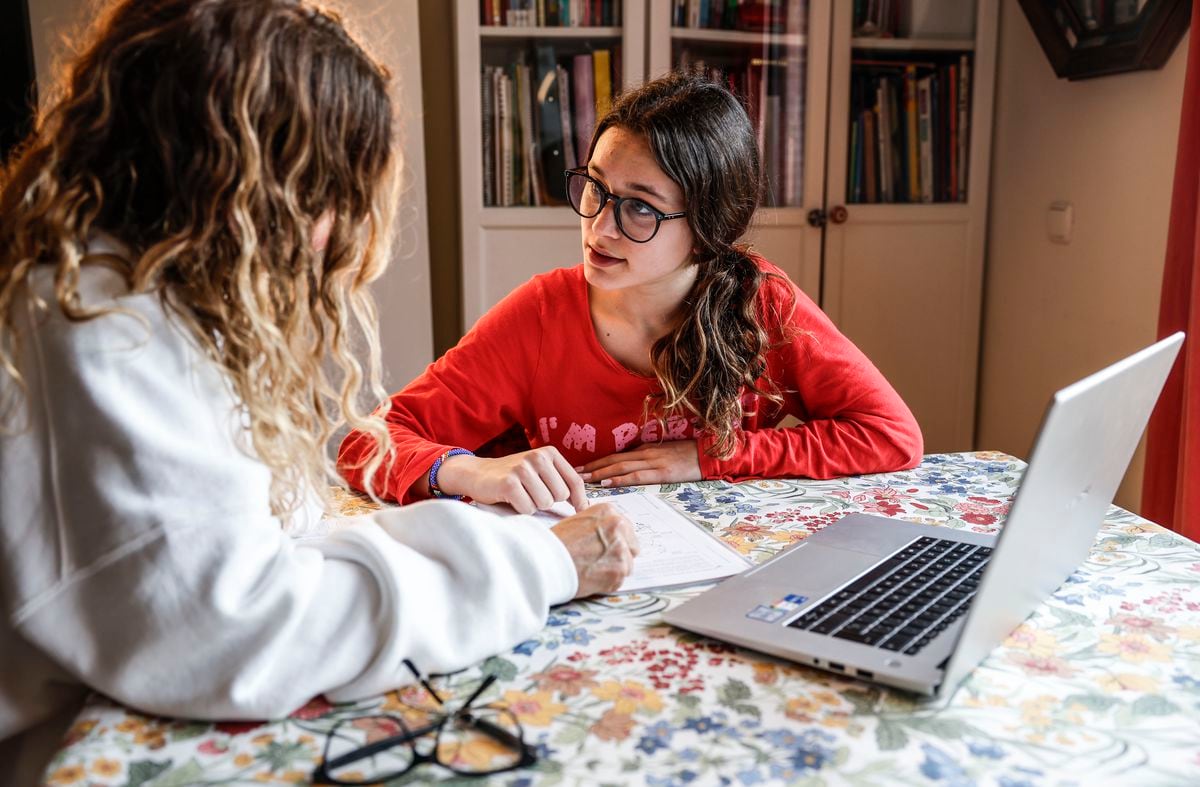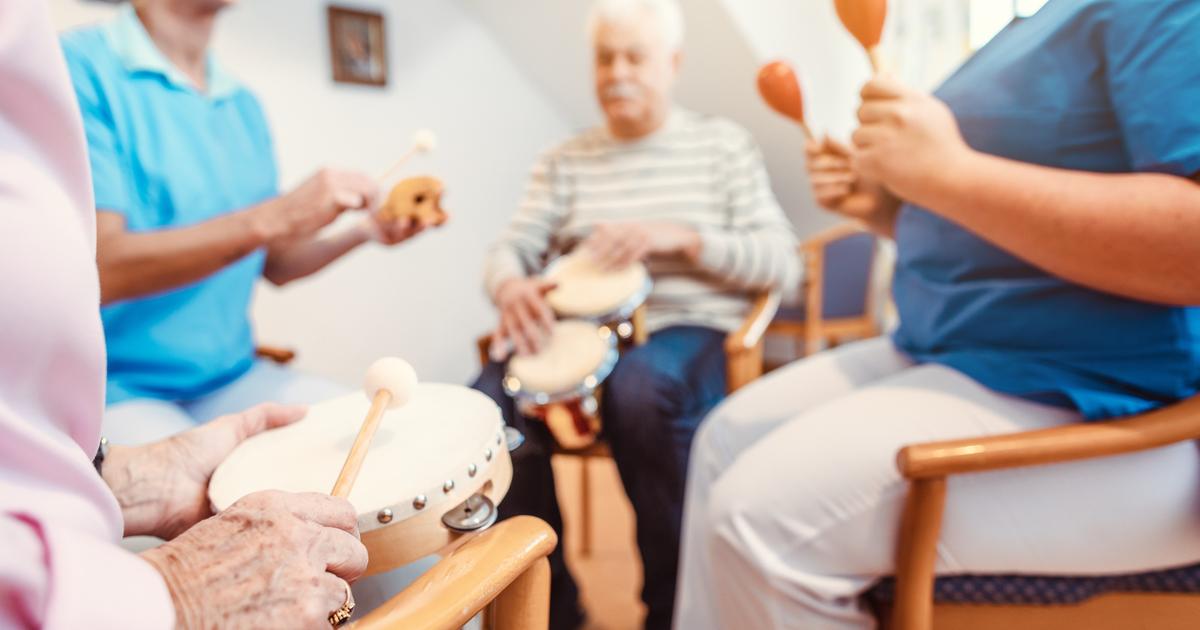Parenting in France: Children have fewer behavioral problems
Created: 08/15/2022, 15:00
France is a real pioneer country when it comes to education.
It is therefore worthwhile for all desperate parents to get tips from the neighboring country.
Sometimes parents get stuck in a real dead end when it comes to raising their children.
When the offspring throws itself on the floor and screams at the top of its lungs, a lot of calm and patience is required.
But what is almost normal in this country is a real rarity in France.
In the German neighboring country, there are completely different standards when it comes to education.
But why do French children actually have fewer behavioral problems?
According to the online magazine
momjunction.com
, there are various reasons for this.
The most important are listed below.
Parenting in France: Children are less likely to have behavioral problems
1. Children sleep separately
French parents are obviously doing a lot of things right in their upbringing: their children are said to have fewer behavioral problems.
(Iconic image) © Shotshop/IMAGO
Sleepless nights are far less common for French parents than for German parents.
The reason for this is simple: Babies and children sleep in a separate room or at least in a different bed than their parents.
When the baby wakes up in the night and starts crying, mothers usually wait before checking up on things.
This teaches babies to soothe themselves.
The advantage is that the children can fall asleep on their own - without the help of mum and dad.
This method is usually much more effective than desperately rocking or feeding the child to stop the crying.
2. Childcare at an early age
The fact that independence has a high priority in French upbringing is also shown by the fact that mothers return to work just ten weeks after the birth of the child.
Although parental leave can be extended, it is no longer paid.
That is why many mothers send their offspring to a crèche or day-care center at a young age.
Through early contact with a new environment and other people, French children quickly become independent and are also more communicative.
Good childcare options make this process easy for parents.
The German psychologist and best-selling author Stefanie Stahl, contrary to the widespread upbringing in France, advises against external care too early.
You can find even more exciting health topics in the free 24vita newsletter, which you can subscribe to here
3. Clear rules of conduct
Good behavior is very important in France - it starts at an early age.
Children learn how to greet neighbors and acquaintances in a friendly manner from their parents.
Polite phrases such as "please", "thank you" and "you're welcome" are part of the vocabulary of even the youngest.
Also, French children don't push when they stand in line, but wait patiently.
There is no sign of nagging or complaining in such situations - we can't even imagine that!
also read
Intermittent fasting: lose weight with the 16:8 diet - fitness expert reveals how to lose five kilos a week
“Shower urinators”?: Why you should now urinate more frequently in the shower
4. Children receive pocket money
Financially, too, French children become independent at an early age.
This is in complete contrast to the children of so-called lawnmower parents, who, according to one expert, develop into “dependent tyrants” as a result of their upbringing.
French children receive a fixed amount of pocket money from their parents, which is at their disposal.
As a result, children learn to manage their savings and only spend it on what they really want.
This solves the problem of tantrums at the supermarket checkout – if the child wants a certain treat, they have to pay for it themselves or save up for it.
The older the child, the more pocket money they usually receive.
5. Family time is sacred
Because of school and work, it can happen during the week that you don't spend much time together as a family - all the more sacred is their Sunday for the French.
It's only there for the family.
That means nobody works, nobody studies for school or meets friends.
Instead, you do something together as a family and enjoy the time together.
6. Common meals
At least one meal a day is eaten with the whole family in France.
Children also quickly learn how to behave at the table, since they eat their meals with their parents from an early age.
By the way, nothing else is served to them than the adults themselves. This means that they don't cook extra "child-friendly" dishes such as pasta or chips.
That's why French children have nothing against healthy food.
They just eat what's on the plate - and happily nibble on the spinach or broccoli that's on the table.
Only spicy or difficult-to-eat dishes, such as mussels, are not served to children.
7. Children can solve problems themselves
Parents always want to protect their children from danger - and for this reason they often interfere in their offspring's affairs.
Lawnmower parents, for example, sometimes do the homework for their protégés.
Things are handled quite differently in France: children should be able to develop freely and be able to stand on their own two feet at an early age.
For example, if the child has had a fight with a friend of the same age, parents hold back so that they can learn to resolve the conflict themselves.
Also, parents make it clear to the child that bad behavior will have consequences.
This article only contains general information on the respective health topic and is therefore not intended for self-diagnosis, treatment or medication. In no way does it replace a visit to the doctor. Unfortunately, our editors are not allowed to answer individual questions about clinical pictures.



/cloudfront-eu-central-1.images.arcpublishing.com/prisa/SJ2JE6YG7FA5VFLIRSO2YSLRUM.jpg)






/cloudfront-eu-central-1.images.arcpublishing.com/prisa/S7ERVSCT4FUVX6R7TUVBDNTH5Y.jpg)



